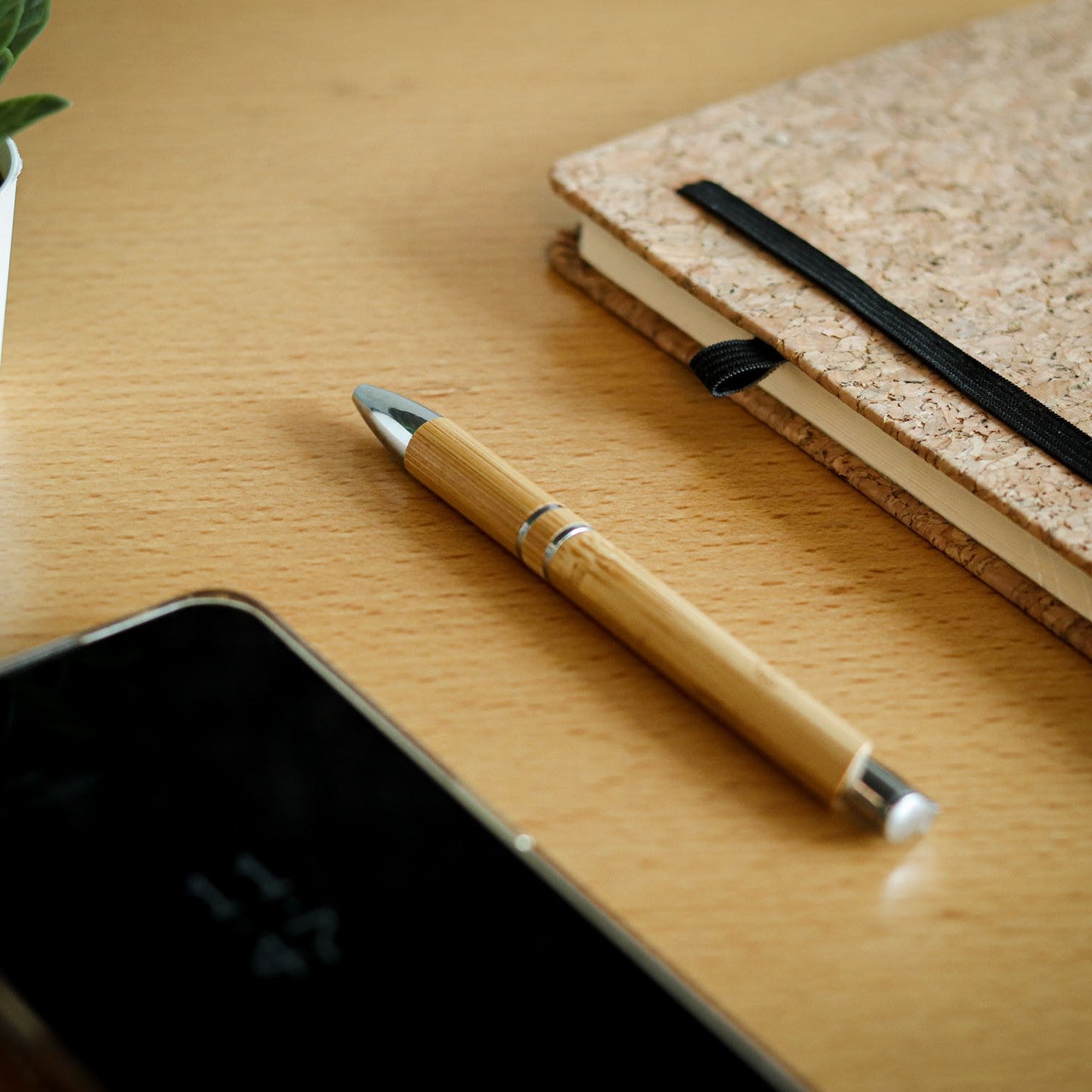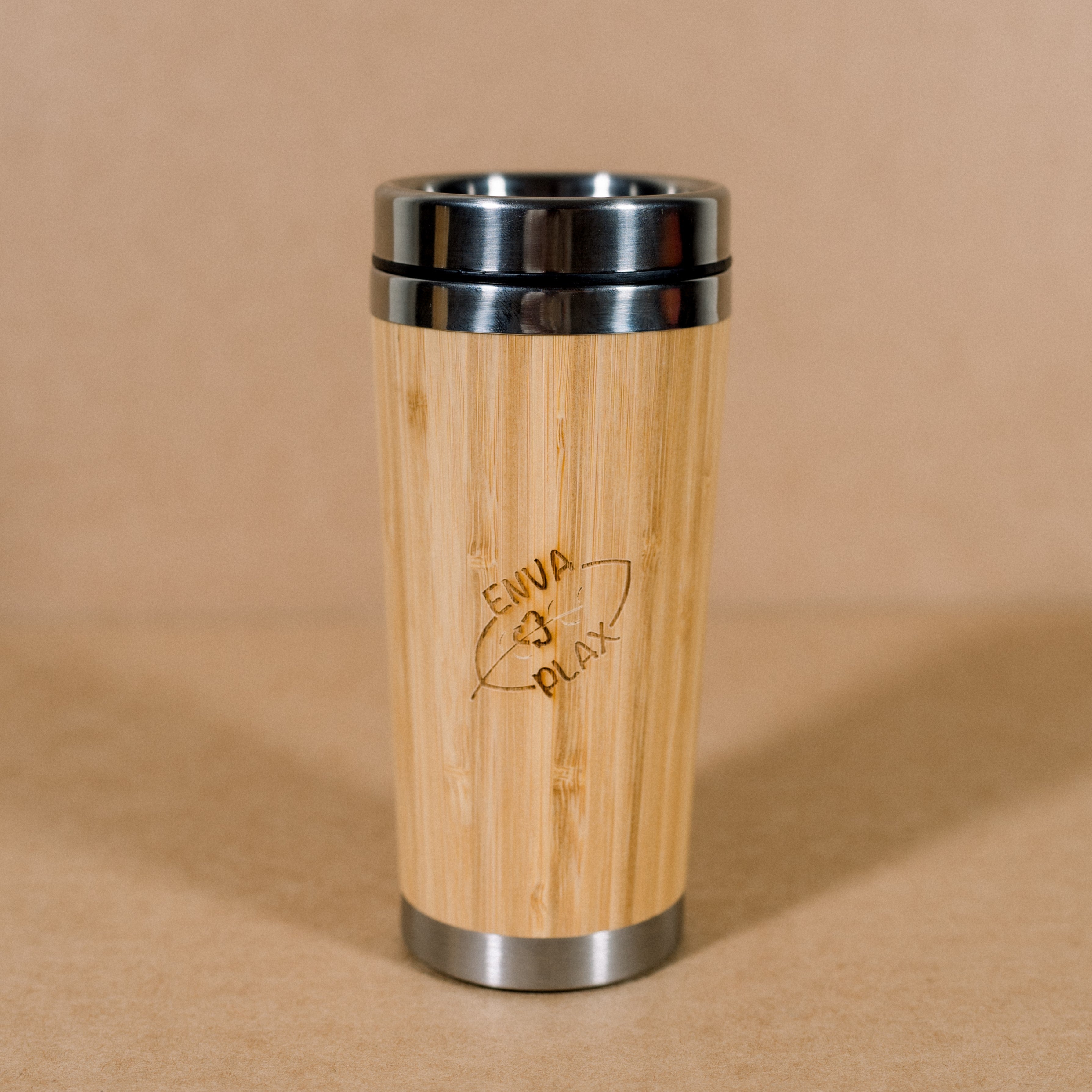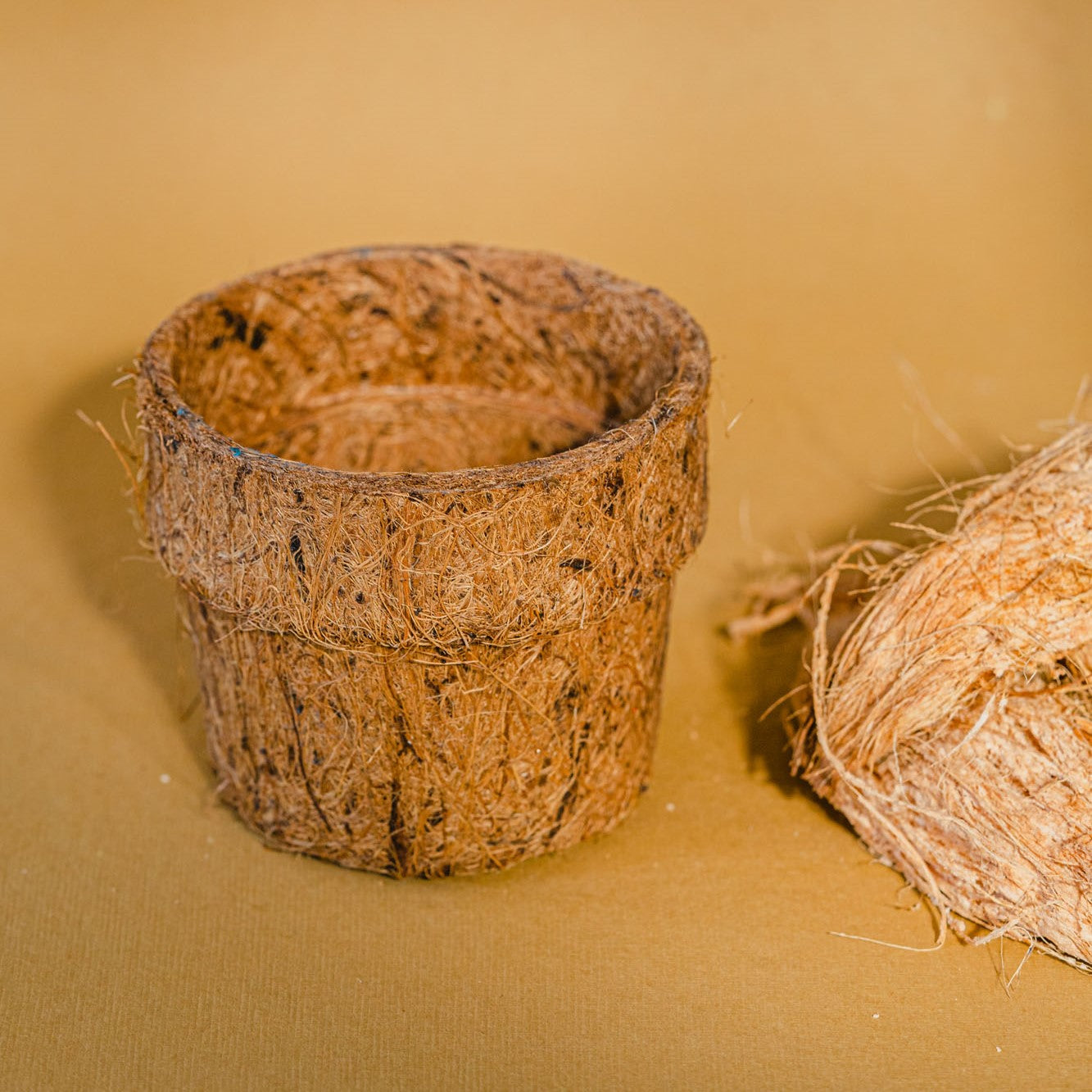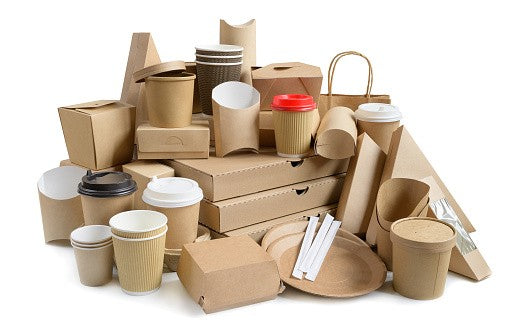Remember when a small parcel would arrive in an unnecessarily large box, stuffed with more plastic and padding than the item itself?
Times are changing, and so are our packaging habits. As we become more aware of the environmental impact of our choices, many of us are asking: how effective is the shift toward sustainable practices like zero-waste packaging?
Zero-waste packaging is a game-changing strategy that aims to stop wastage by using things that can be recycled. As environmental challenges increase, this packaging type has emerged as a strategic solution for businesses and consumers.
From a recent study, it is evident that about 300 million tons of plastic are manufactured yearly, with at least 8 million tons ending up in sea cost or water bodies from all around the globe. This number clearly shows the urgency for biodegradable solutions. Transitioning to sustainable materials can significantly reduce our ecological footprint and protect marine life from the hazards of plastic pollution. Moreover, adopting these eco-friendly practices supports global efforts towards achieving a cleaner and more sustainable environment.
Every piece of waste we throw contributes to the growing environmental crisis, but that packaging could either biodegrade or be repurposed.
Why Do We Need Zero-waste Packaging?
There is an urgent need for zero-waste packaging because every year, excessive packaging waste harms our ecosystem, posing severe risks to wildlife and their natural habitat. The harsh truth is clear—our planet is overwhelmed by waste, much of which will not decompose for generations.
Zero-waste packaging offers an effective solution by eliminating the concept of waste. This method involves using materials that can be fully recycled, reused, or composted, thereby closing the loop on resource use. It’s a proactive approach that not only reduces landfill contributions but also conserves resources and reduces pollution.
It’s about making a choice—do we continue down the path of unsustainability in terms of waste production, or do we shift towards a cleaner, healthier planet?
The Latest Improvement in Sustainable Packaging
It’s all about cutting waste completely sometimes in the most surprising ways! For example, companies are now using biopolymers made from plants like sugarcane and bamboo. Such material breaks down into harmless, nutrient-rich by-products. The classic options like glass containers and tin cans are getting a new lease on life, reused to avoid waste. There is also advancement in the field of edible packaging. Imagine wrappers that you can eat or that dissolve in water, leaving no trace behind. This isn’t just good for the environment; it’s revolutionary, making packaging a valuable part of the product itself, especially for single-use items. These innovations are setting new standards for sustainability in the packaging industry.
What Are the Benefits of Adopting Zero-waste Packaging
Executing waste-free solutions yields several advantages, in particular ecological and economical. Additionally, it benefits the environment by reducing landfill use and lowering greenhouse gas emissions through decreased production and disposal of packaging materials. This reduction in waste assists in conserving natural ecosystems, lands, and air, thus cutting down on pollution.
From an economic perspective, transitioning to zero-waste packaging allows businesses to build a reputation, appealing to consumers who prioritize environmentally friendly products. Today’s consumers actively seek companies that demonstrate a commitment to planetary health.
By showcasing a commitment to sustainability, businesses not only attract eco-conscious customers but also build deeper trust. Also, using compostable materials can save money over time. Adopting materials designed to either biodegrade or be reused can lead to reduced production and disposal costs.
Enva Plax's Zero-waste Products
Let us have a look at these useful products from Enva Plax which promise a better world:
-
Newspaper Bags: These eco-friendly, durable, and reusable bags are designed for carrying various items, promoting sustainability and responsible consumption.
-
Reusable Glass Sipper: Ideal for storing liquid products, these sippers can be used multiple times, mainly reducing the need for single-use bottles.
- Biodegradable Cutlery: This eco-friendly cutlery set is made from natural bamboo, offering a smooth finish, durability, and the ability to resist water, and heat without absorbing meal odours.
- Wooden Copper Bottle: This stylish bottle features neem/mahogany wood and offers the health benefits of copper-infused water, with a leak-proof cap and easy-to-clean wide mouth.
Challenges & Considerations
Such a positive shift towards packaging innovation comes without tough problems. The initial cost of sustainable materials can be higher compared to conventional packaging, and businesses may need to adjust their supply chains & production processes. Also, it is important to know the lifecycle of zero-waste materials to guarantee they offer a positive environmental impact. The resources required for material production, transportation, and disposal are included in this value.
How Can Businesses Start Adopting Zero Waste Packaging?
For businesses or people looking to adopt no-waste packaging, check these steps:
- Try measuring your current packaging practices to identify areas where waste can be reduced.
- Researching & selecting recyclable, or reusable materials that fit your needs & green goals.
- Consulting with sustainable packaging experts, such as Enva Plax, to develop and implement effective zero-waste packaging solutions.
- One must inform staff, customers, and contractors about the positive points of zero-waste packaging & encourage their contribution to green efforts.
Zero-waste packaging is a vital component of sustainable business practices, offering significant environmental and economic benefits. By accepting innovative materials and designs, businesses can reduce their waste footprint and contribute to a healthier planet.
Willing to start walking on the path towards wasteless wrapping with Enva Plax's green solutions? Explore our range of eco-friendly products to make your packaging more sustainable. Your cart is waiting!







